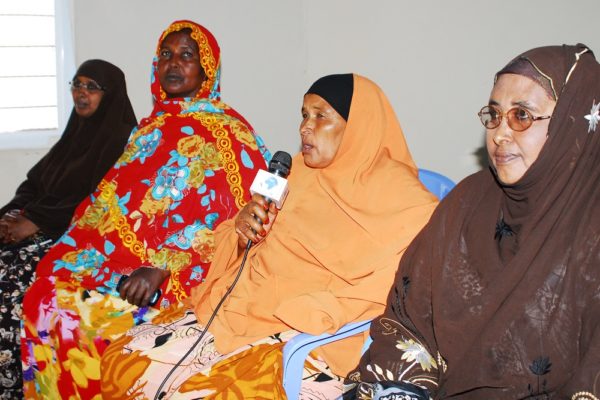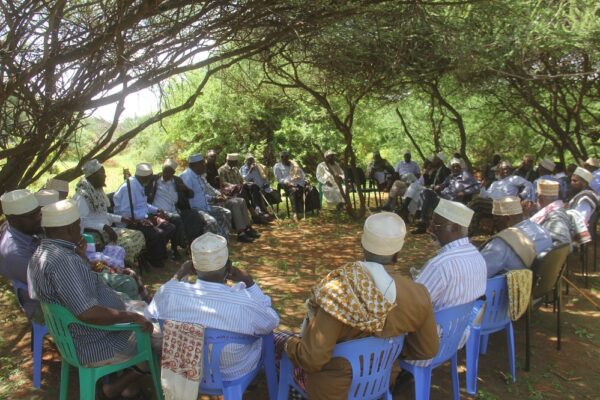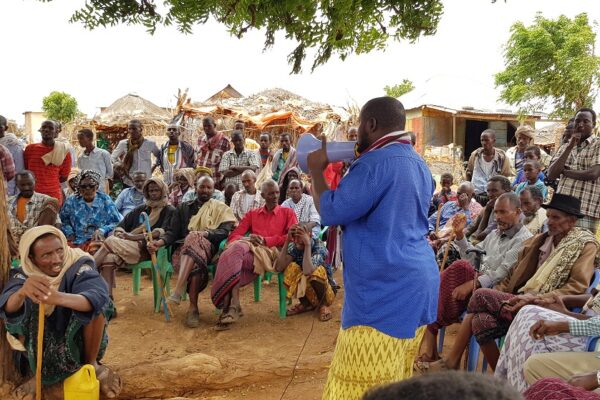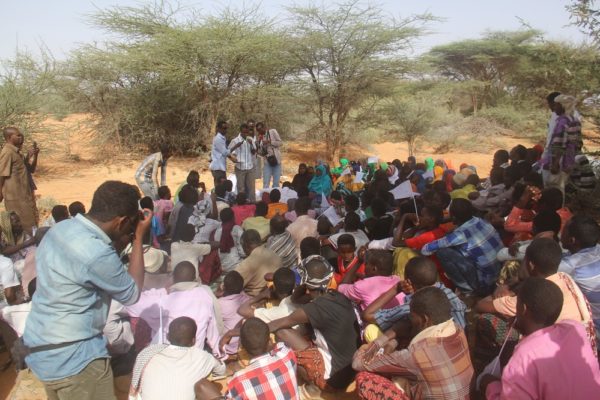To respond to the contextual needs, the programme was guided by three main outcomes that included 1) Citizens and civil society (particularly women and youth) have increased capacity to play a constructive role in peacebuilding and democratization processes; 2) Peacebuilding and democratization processes and policies are more participatory, inclusive and responsive to citizens, civil society and other stakeholders, and 3) Citizens, civil society, and decision makers use increasingly inclusive, local infrastructures for peace to sustainably prevent, manage, and resolve conflicts. Within the implementation period, over 16,500 (48% women) people were directly engaged by the programme through that included community consultations meetings, peace mobilisation and awareness raising outreach campaigns and political dialogue and consensus building meetings.




